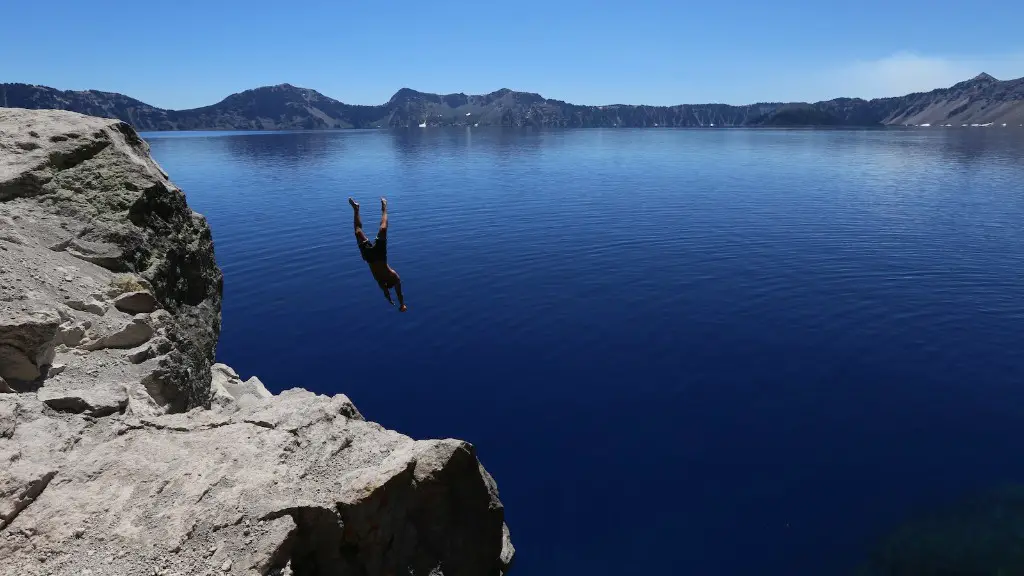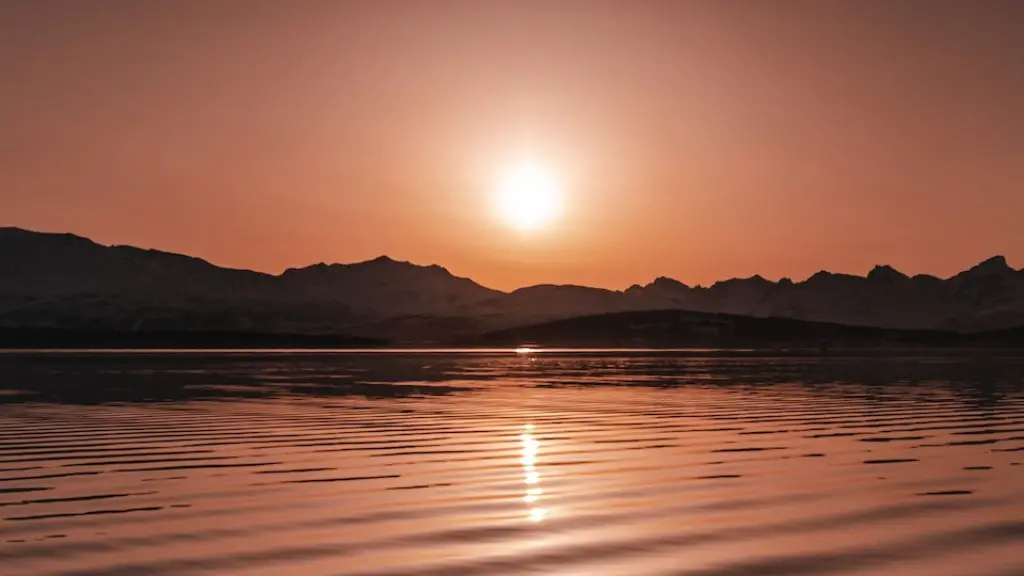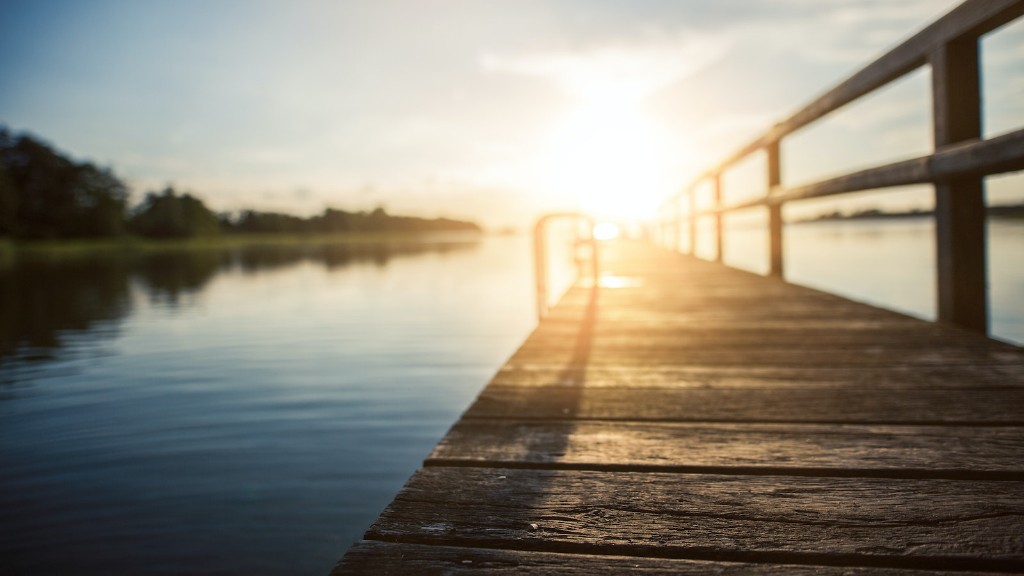Travel Essentials
Traveling to Lake Malawi can be a rewarding experience. But before you go, make sure you have the right travel documents and necessary immunizations. It is also important to be prepared for the specific natural hazards you may face in the area.
Visitors from outside Africa must have a valid passport, and obtain a visa from a Malawian embassy or consulate. During your travels, it is advisable to carry a copy of your passport in case of loss or theft, and take other precautions such as avoiding carrying large amounts of cash with you.
Immunizations are required for certain infectious diseases, so make sure to talk to a doctor prior to your trip. It is important to also be aware of potential natural hazards such as strong winds, changing currents and changing temperatures in the lake. Make sure you have the proper safety equipment such as lifejackets and be sure to have the names and contact details of the nearest medical facilities.
Getting to the Lake
Lake Malawi is located in the country of Malawi, in Southeast Africa. The lake is roughly 500 kilometers long, so there are several possible travel routes to get there. The most convenient route is usually by plane, as there are several international and local airports that serve the lake.
If you are coming from the United States, your starting point would likely be the Robert Gabriel Mugabe International Airport in Harare, Zimbabwe. The airport offers flights to several destinations in the Lake Malawi region, including the cities of Lilongwe and Blantyre.
For those who prefer to travel by train, there is a route that runs from Pretoria, South Africa all the way to Malawi. The trip is about 2,000 kilometers long, but it passes through some breathtakingly beautiful landscapes along the way.
Travel Advisor Tips
Travel advisors recommend that visitors to Lake Malawi operate on an affordable budget. Malawi is much cheaper than most other African countries, and you should be able to get adequate meals for around US$5 per day.
It is important to keep in mind the cultural and religious norms of Malawi. Make sure to be respectful and courteous to the locals and to dress appropriately. Women should not wear revealing clothing or body art, and you should generally avoid displaying any affection in public.
Finally, Lake Malawi is a great destination for outdoor activities such as hiking, canoeing, and fishing. Be sure to rent the proper equipment, and carry enough food and water to last the entire trip.
Accommodation Options
For those who plan to stay near the lake, there are several accommodation options. The most popular choice is the traditional guest houses, known as “bandas”, where visitors can stay for around US$15 per night. For those who prefer a more luxurious experience, there are many resorts located near the lake which offer a variety of amenities.
When choosing a place to stay, make sure to research it in advance, and to read up on customer reviews. You should also remember that Lake Malawi is a rural area, and electricity and internet can be unreliable. Be sure to bring a flashlight and phone charger, as well as any essential medications.
Exploring the Region
The Lake Malawi region offers plenty of opportunities for exploration and adventure. There are numerous national parks and nature reserves located along the lake, and the area is home to an abundance of wildlife. You can spot creatures like elephants, buffaloes, rhinoceros, and a variety of birds.
Those who prefer a different kind of adventure can explore the local culture and history. Nearby are several ancient archaeological sites that have played a major role in Malawi’s history. You can also visit nearby villages and learn about local customs and traditions.
Finally, the people of Malawi are known for their hospitality and kindness, so make sure to take time to chat with the locals. You might find yourself learning something unexpected, and making some new friends in the process.
Getting Around the Lake
Getting around Lake Malawi can be a challenging but rewarding experience. For those who are visiting for a short stay, the most convenient way to travel is by boat. Several private companies offer boat tours and services to explore the lake.
For visitors who plan to stay longer, renting a car is the best option. The roads are generally good and well maintained, so it is relatively easy to get around. Be aware that road rules tend to be different than what you may be used to in your home country, so take time to familiarize yourself with them before driving.
Booking Tour Guides
One of the best ways to explore the region is by booking a tour guide. There are several local tour companies, who can provide knowledgeable and experienced guides who can help you unlock some of the secrets of the region.
Many guides will offer special packages tailored to your specific needs, or a customized itinerary. This experience can be invaluable, since it will give you a better understanding and appreciation for the regions unique cultural and natural landscapes.
It is also important to keep in mind that tourism contributes significantly to the economic development of the region, so make sure to support the local communities by hiring qualified, reputable guides.
Things To Keep In Mind
Traveling to Lake Malawi requires some preparation and planning. Be sure to check that you have the necessary travel documents, immunizations, and safety equipment before you go. When you arrive, be sure to respect the local customs, support the local economy, and familiarize yourself with the roads and natural hazards of the area.
And when you’re ready to go exploring, take time to Book a tour guide and embark on an enriching journey. You never know what you might discover.


